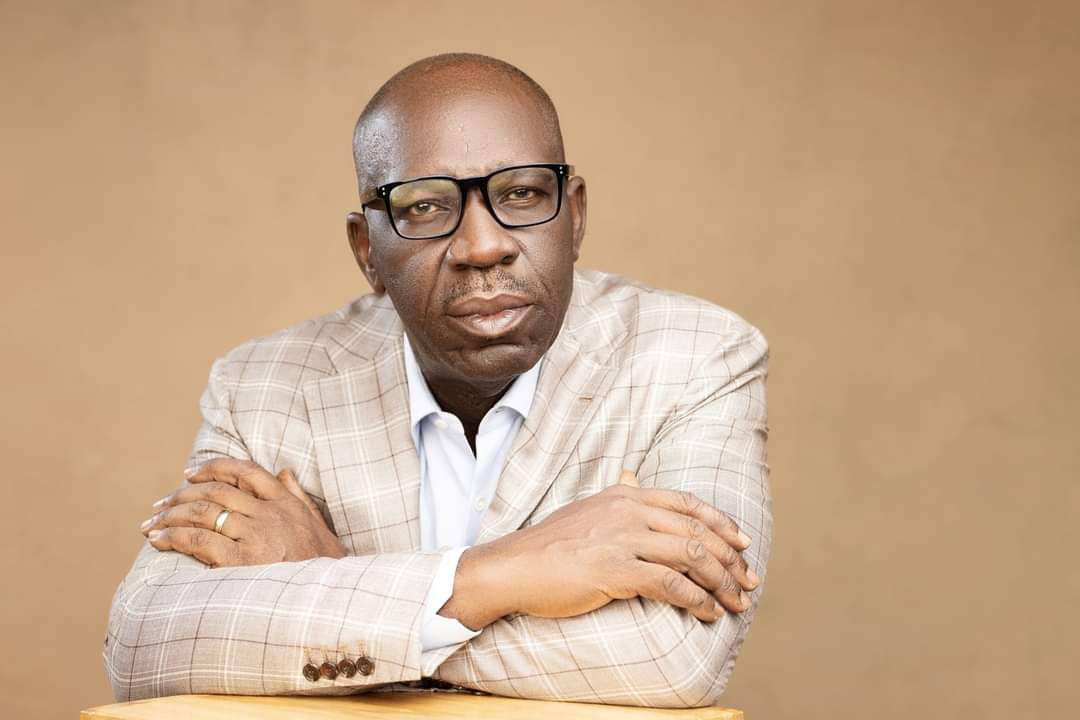Acting for the camera
Acting for the camera
In film and television acting, you often don't have the luxury of a live audience giving you feedback of any kind. Instead of a theater full of people, your audience is just a camera, the camera operator, the director, and any sound, light, and makeup technicians who happen to be standing around at the time. This means that you need to use your imagination and pretend that the cameraman staring at you is actually your long-lost lover, or that the stern look on the director's face is actually the friendly face of your best friend. When you play to the camera, you have to project emotions to the unblinking eye of the camera.
To help you "play to the camera," keep these ideas in mind:
- Know where the camera (or cameras) are at all times. You can give the best performance of your life, but it will be worthless if the camera can't see your face.
- Know what the camera is trying to capture. If the camera is capturing a long shot of you off in the distance, concentrating on arching your eyebrow to convey emotion will just be a waste of time since the camera won't be able to see it.
- Know where the other actors and props are located in relation to the camera. If you step too far forward or back, your body or a simple gesture, such as waving your hand, can block the camera's view of another actor.
Watch a television show or movie on video with the sound turned off. Without any dialogue to guide you, can you guess what the actors are trying to say to each other? Body and facial gestures can convey more information to an audience than you may think. By studying films or television shows with the sound off, you can study how gestures can help (or hinder) an actor's performance on-camera.
Videotape yourself performing a monologue and look for inconsistent actions that detract from your character. For example, if you're portraying a tough, confident business-person, twirling your hair around your finger and biting your lower lip probably isn't going to support your character portrayal. Ask your acting coach or instructor to watch your videotape and comment on the type of character that he or she thinks you're portraying. If you think that you're portraying a tough guy but your acting coach thinks that your portrayal represents a timid character, you may need to work on your acting skills so that you can portray different types of characters consistently and accurately
Be a registered member of ClickMagic Film Academy, get trained and featured in our movies.
Contact:
2nd Floor, Shekinah Plaza,
4 Etete Road, GRA,
Benin City, Edo State.
Whatspp: 2348055951896
Call: 2347038913213
Ping: 2BE8804F
Email: clickmagicltd@gmail.com
Facebook: www.facebook.com/clickmagicltd



Comments
Post a Comment